Wilaya
Pedro Pérez Rosado / Spain / 2012 / 97 min
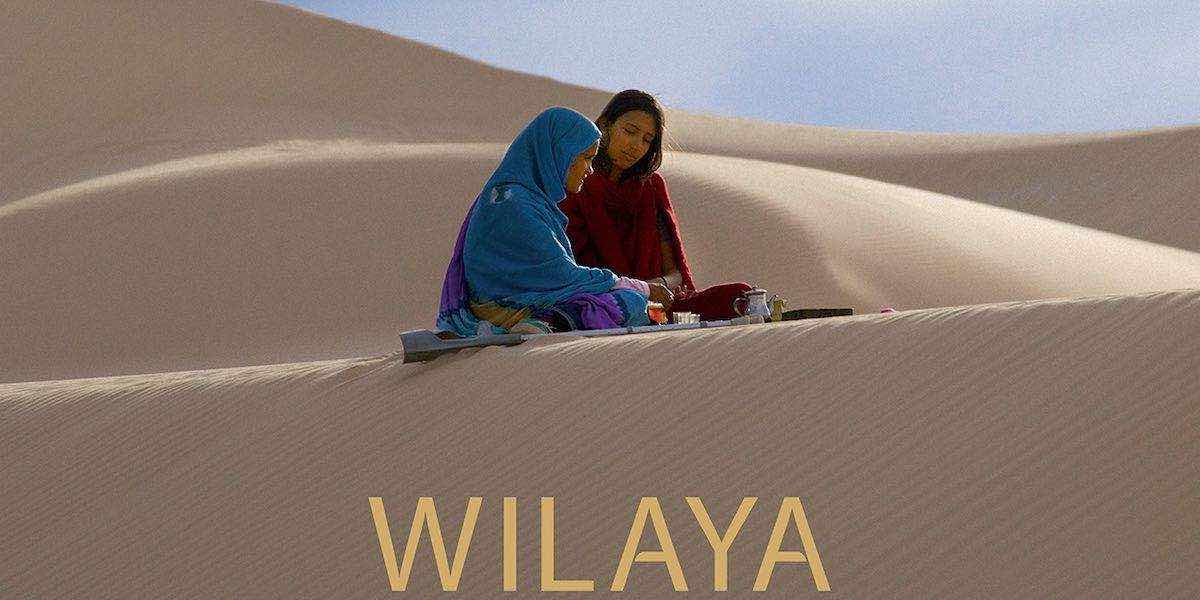
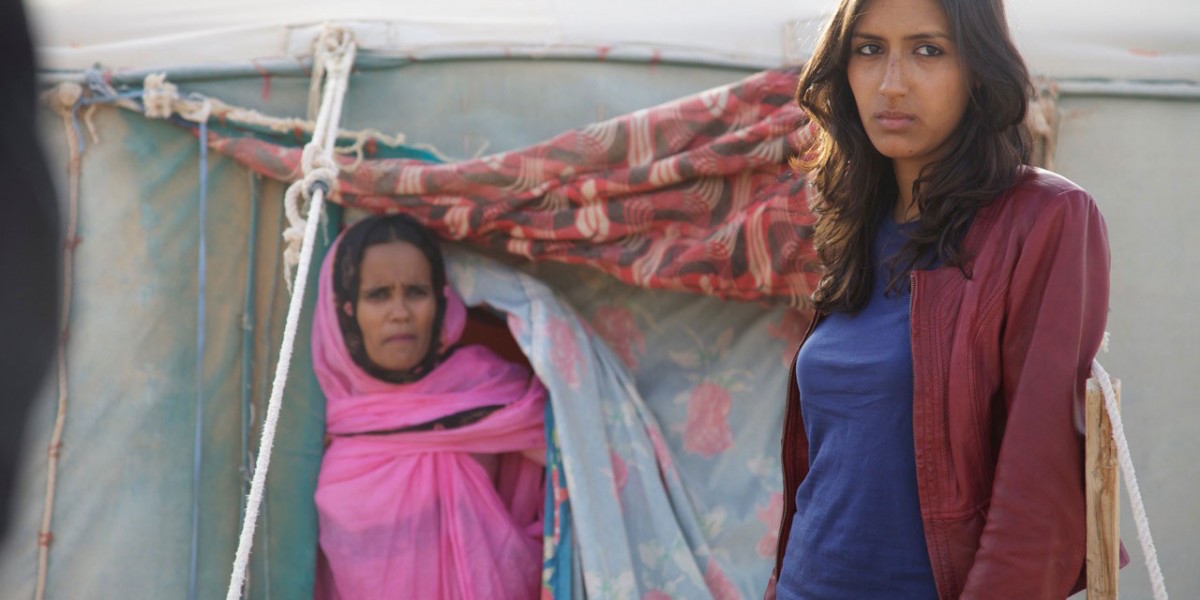
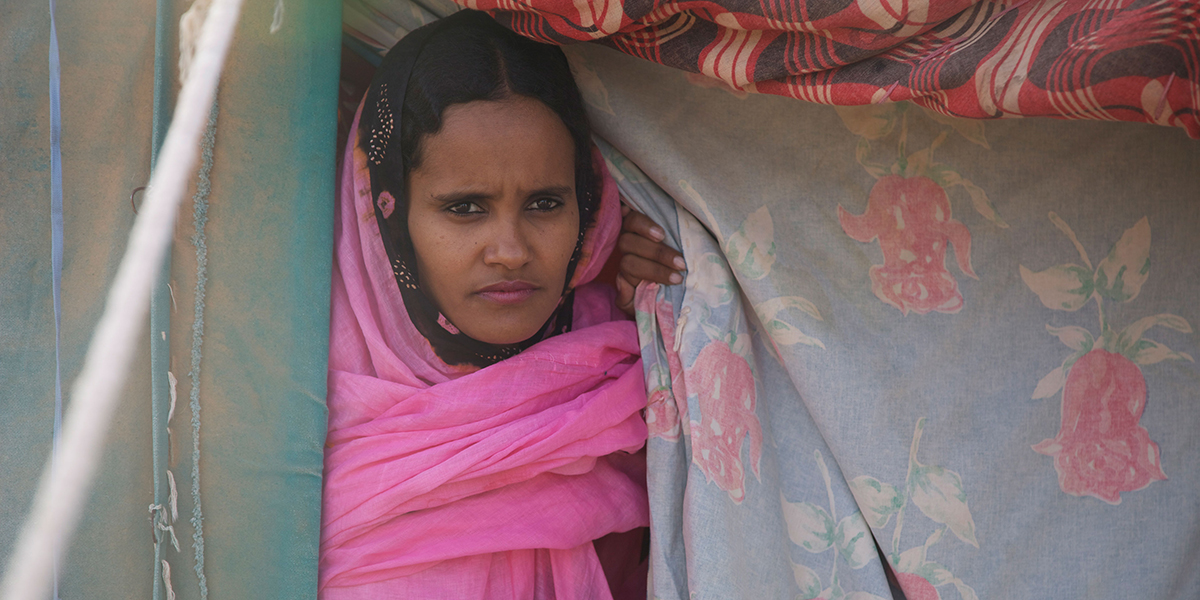
Berlin International Film Festival
Abu Dhabi Film Festival
Best Actress, New HorizonsMálaga Spanish Film Festival
Best Original Soundtrack
Related Films
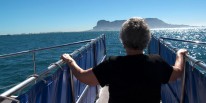 The Rock(La Roca)Raúl SantosIn 1969, Spanish dictator Francisco Franco, closed the entrance to the British territory of Gibraltar, isolating 30,000 people without food, water, or ...
The Rock(La Roca)Raúl SantosIn 1969, Spanish dictator Francisco Franco, closed the entrance to the British territory of Gibraltar, isolating 30,000 people without food, water, or ...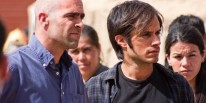 Even the Rain(También la Lluvia)Icíar BollaínIn Even the Rain by Icíar Bollaín, filmmaker Sebastian (Gael García Bernal) and his cynical producer Costa (Luis Tosar) arrive in Cochabamba, Bolivia ...
Even the Rain(También la Lluvia)Icíar BollaínIn Even the Rain by Icíar Bollaín, filmmaker Sebastian (Gael García Bernal) and his cynical producer Costa (Luis Tosar) arrive in Cochabamba, Bolivia ...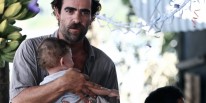 Operation E(Operación E)Miguel Courtois PaterninaA controversial film in Colombia due to the real event on which it is based (the kidnapping of Clara Rojas and Ingrid Betancourt), Operation E was at ...
Operation E(Operación E)Miguel Courtois PaterninaA controversial film in Colombia due to the real event on which it is based (the kidnapping of Clara Rojas and Ingrid Betancourt), Operation E was at ... Stigmata(Estigmas)Adan AliagaStigmata is a hauntingly beautiful and lyrical tale based on the Italian cult comic book by Lorenzo Mattotti and Claudio Piersanti. Multiawarded Adán ...
Stigmata(Estigmas)Adan AliagaStigmata is a hauntingly beautiful and lyrical tale based on the Italian cult comic book by Lorenzo Mattotti and Claudio Piersanti. Multiawarded Adán ... Undertow(Contracorriente)Javier FuentesHighly acclaimed and hugely popular gay drama about a married fisherman in love with an artist, Undertow is the winner of 39 film festival awards. ...
Undertow(Contracorriente)Javier FuentesHighly acclaimed and hugely popular gay drama about a married fisherman in love with an artist, Undertow is the winner of 39 film festival awards. ...Pricing
Related Subjects
Download
Spanish and Arabic with English subtitles
With Nadhira Mohamed, Memona Mohamed, Said Salem
Fatimetu is born to a Sahrawi family in a Saharan refugee camp in Algeria and later sent to live with foster parents in Spain. After the death of her mother, she returns to the camp. She has been absent for sixteen years. Her brother now expects her to stay and look after her sister Hayat, who has difficulty walking. Fatimetu, who unlike the other women can drive a car, finds work transporting animals, meat, and bread from one administrative district to another. In time, the Sahrawi people become accustomed to the woman who tears about the desert without a hijab in her beaten up jeep. But Fatimetu is torn between life in the desert and her memories of her family and friends in Spain.
With unprecedented access to the Sahrawi community, Pedro Pérez Rosado, provides a voice to this unrepresented group of refugees and their struggle for independence. The outstanding performance of newcomer Nadhira Mohamed, who was herself born in a refugee camp in Tinduf, landed her the Best Actress award at the Abu Dhabi Film Festival.
WILAYA IS ONE OF THE MANY FILMS INCLUDED IN THE CATALOGUE OF SPANISH FILM CLUB. SFC AFFILIATED UNIVERSITIES CAN TAKE ADVANTAGE OF A SPECIAL PRICE OF $99 IF THE TITLE HAS BEEN INCLUDED IN THEIR SFC FESTIVAL. PLEASE CONTACT SFC STAFF AT FILMCLUB@PRAGDA.COM FOR MORE DETAILS.
WHAT SFC AFFILIATED UNIVERSITIES ARE SAYING
“The audience enjoyed this film very much. It is beautifully filmed and provides so much deep conversation. The film took audience members a while to process, particularly due to the two languages (Arabic and Spanish) as well as the cultural diversity AND socio-historic topic. We provided a brief introduction to the film to set all of this up and then held a long discussion afterward, particularly dealing with human rights, identity and gender.” – K. Angelique Dwyer, Assistant Professor of Spanish & Latin American Studies, Gustavus Adolphus College
Press
“With a strong insider’s eye for detail (it’s clear that Perez Rosado’s love and concern for the region is genuine), the pic is always thought-provoking in its exploration of themes relating to exile and how it distorts selfhood, and to the clash between modernity and tradition.” – Jonathan Holland, VARIETY
“Featuring terrific widescreen cinematography by Miguel Morales (Solitary Fragments) and a captivating score by Sahwari singer Aziza Brahim (who plays a neighboring widowed mother), the film boasts enough technical prowess to capture the muted, semi-nomadic lifestyle of its characters.” – Jordan Mintzer, HOLLYWOOD REPORTER
“Wilaya offers insight into a little-publicised world, and derives most of its dramatic pull from the charismatic presence of lead actress Nadhira Mohamed.” – SCREEN DAILY
“The audience enjoyed this film very much. It is beautifully filmed and provides so much deep conversation. The film took audience members a while to process, particularly due to the two languages (Arabic and Spanish) as well as the cultural diversity AND socio-historic topic. We provided a brief introduction to the film to set all of this up and then held a long discussion afterward, particularly dealing with human rights, identity and gender.” – K. Angelique Dwyer, Assistant Professor of Spanish & Latin American Studies, Gustavus Adolphus College
“Actress Nadhira Mohamed convincingly portrays a young person caught between two worlds. Made on location in Tindouf province, and including a unique original music score, Wilaya is a notable example of emerging independent international cinema.” – Linda Frederiksen, Washington State University, EMRO
About the Director
Notes on Film
Wilaya depicts the life of the Saharawiis refugees in a way that has never before been portrayed so realistically and lyrically in film. This provocative feature explores the role of women in Muslim societies, the historic and political reality of the Sahara, and the conflict of the Western world with other societies. Furthermore, Wilaya is the first narrative feature shot in the region using Saharawiis non-actors.